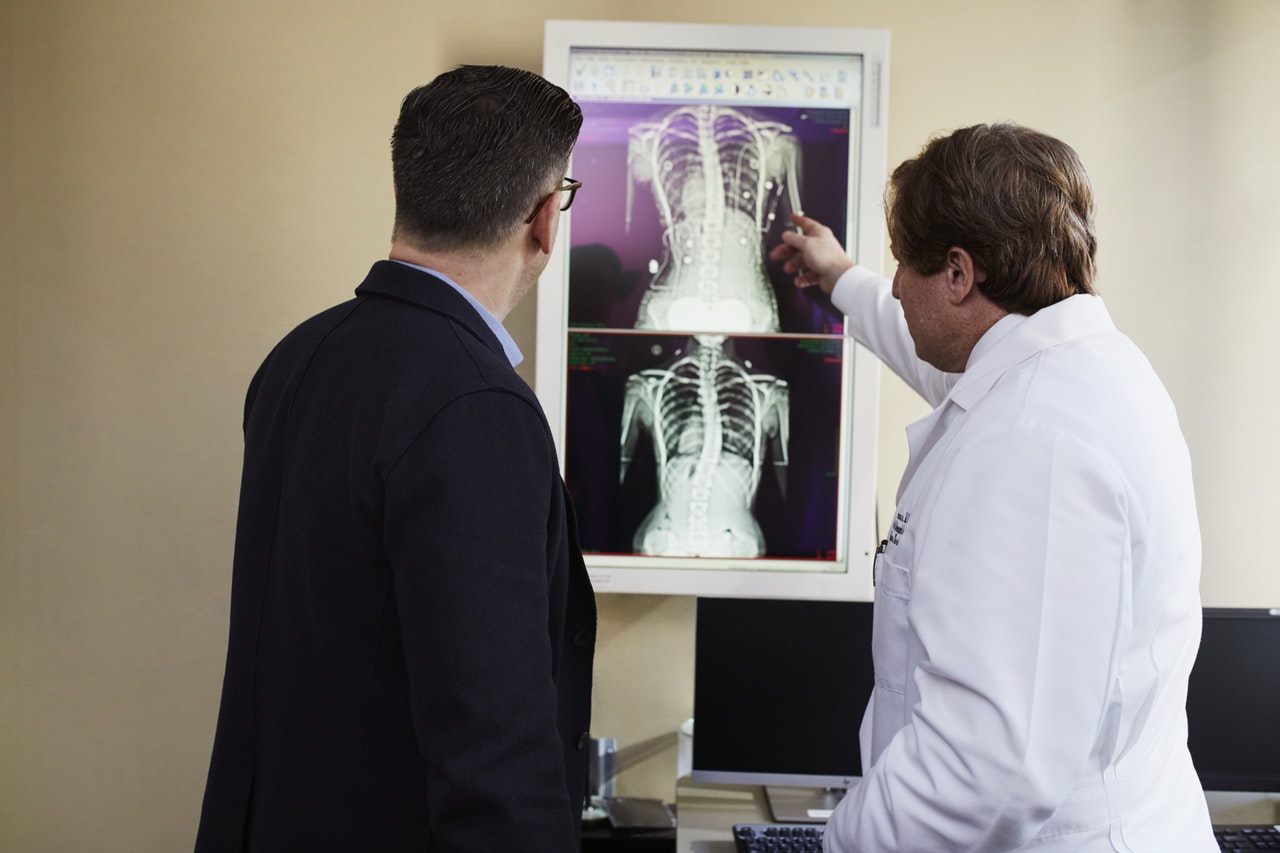After a cancer diagnosis, many patients feel overwhelmed and may face immense physical, emotional, and spiritual turmoil. However, in order to obtain the best prognosis and take control of their situation, patients may want to develop a comprehensive plan to move forward and fight the cancer. With that in mind, here are some necessary steps to take after a cancer diagnosis.
Surround yourself with support
According to Dave Visel, author of Living With Cancer, “no one should go through a fight against cancer alone.” If you’ve been diagnosed with cancer, surround yourself with a support system of friends and close friends. Whether you feel comfortable opening up to your spouse or a close friend, it’s important to find someone who you can talk to about more serious issues.
In addition, don’t hesitate to reach out for professional support. Being diagnosed with a life-threatening disease can take a serious toll on your mental health, and moving forward alone can be a stressful and emotionally devastating experience.
In order to manage your mental health and potentially improve your prognosis, reach out to a mental health professional. Cognitive behavioral therapy and dialectical behavior therapy have been shown to effectively treat mental health issues and can help individuals diagnosed with cancer feel more mindful while relieving symptoms of anxiety and depression.
Take control of your situation
It can seem difficult to stay motivated or organized after being diagnosed with cancer. To take control of your situation, start a notebook or planner to track appointments, doctor’s contract information, and other relevant information. Take your planner with you to each appointment and write down notes for your test results and treatment options. In addition, create a list of questions you have for your doctor to ask at your next visit.
It’s also important to take the time to thoroughly research your diagnosis. Learning more about your cancer diagnosis and treatment options can give you peace of mind and make the situation feel less overwhelming. However, it’s important to research your diagnosis at a pace that feels comfortable for you. According to Katherine DuHamel, a health psychologist, “a lot of information is exactly what [some people] need,” while “others might not want too much right away.”
While conducting research, make sure to only consult trustworthy sources. The American Cancer Society and National Cancer Institute are unbiased sources that can help you learn more information about your diagnosis.
Practice preventative measures
After being diagnosed with cancer, it’s important to stay on top of your mental and physical health. A full body MRI scan for cancer is an accurate and effective way to detect physical abnormalities and identify tumors. Since advanced MRI technology does not expose patients to harmful radiation, it’s safe for individuals undergoing chemotherapy.
If you smoke, quitting will significantly lower your risk of developing a second cancer and reduce your risk of heart disease and stroke. Additionally, take measures to avoid secondhand smoke. Although secondhand smoke isn’t as bad as smoking first-hand, spending time around smokers can raise your risk of cancer, heart disease, and stroke.
Individuals facing a cancer diagnosis should consider exercising regularly. Exercise can seem like an impossible task for individuals undergoing treatment or those who have busy schedules. However, regular exercise can help elevate mood, improve overall health, and counter fatigue by releasing endorphins. Exercising regularly, as well as maintaining a healthy weight and eating healthy, can also lower your risk of developing other chronic diseases.
Although a cancer diagnosis can send patients into shock, it’s paramount for individuals diagnosed with cancer to surround themselves with support, take control of their situation, and practice preventative measures in order to improve their prognosis.

